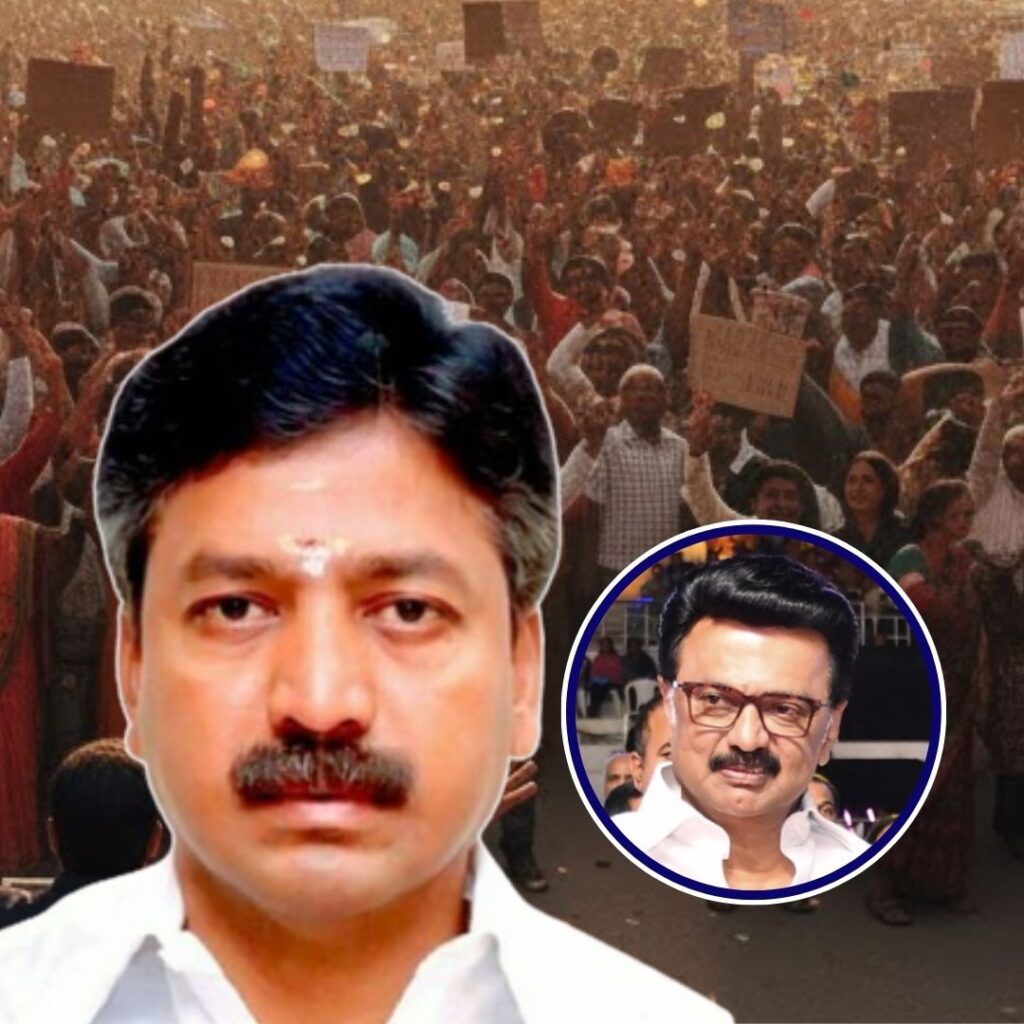As Bihar approaches a crucial electoral milestone in 2025, Prashant Kishor, founder and leader of the Jan Suraaj Party, has reignited debate around one of the state’s most contentious policies – the liquor prohibition imposed in 2016.
Kishor’s party has pledged to revoke the ban immediately if it comes to power, arguing that the prohibition has caused Bihar to lose approximately ₹28,000 crore in annual revenue.
According to Jan Suraaj leaders, including Kishor himself, this financial loss has severely restricted the state’s developmental capacity. The party’s plan includes leveraging the recovered revenue to secure ₹5–6 lakh crore in loans from international financial institutions such as the World Bank and the International Monetary Fund (IMF). These funds, they insist, could significantly boost infrastructure, health, education, and social welfare in Bihar, ushering in a new phase of progress.
Jan Suraaj’s Financial Strategy: Aiming for Economic Revival
The economic case for lifting the liquor ban forms the backbone of Jan Suraaj’s campaign. At a recent press conference in Patna, party president Udai Singh emphasised that Bihar’s lost liquor revenue, if recovered, could act as collateral to unlock substantial international loans.
Singh welcomed Kumar Saurav, a former leader of the Lok Janshakti Party (Ram Vilas) with strong financial expertise, into Jan Suraaj’s ranks. Saurav previously held a significant banking position as country head of securitisation at a private bank, and Singh believes his expertise will be crucial in executing the ambitious funding plan.
Saurav highlighted that the move to rescind the liquor prohibition is based on “economic realism and sound fiscal planning,” rejecting criticisms that it is a populist measure. The party argues that responsible regulation and controlled sale, rather than outright bans, could curb illicit liquor trade, which has thrived under prohibition and posed risks to public safety.
Workers of Jan Suraaj have actively started mobilising across districts to communicate this economic vision to people, especially targeting rural voters and youth who could benefit from the developmental boost envisaged by the party.
Bihar’s Liquor Ban: Social Impacts and Controversies
The liquor prohibition in Bihar was introduced by the Nitish Kumar-led government in April 2016 as a social reform aimed at reducing alcohol-related issues such as domestic violence and health problems. Women’s groups and many social activists initially lauded the ban as a progressive step towards protecting families from the harms of alcohol abuse.
Research studies have reported a notable decline in domestic violence cases since the imposition of the ban, with one 2024 study estimating over 2 million prevented incidents of intimate partner violence.
However, the prohibition also sparked a host of controversies. Critics argue that the ban pushed alcohol consumption underground, leading to a surge in illegal liquor sales, which fuelled corruption and crime. The loss of state revenue from licensed liquor sales, estimated at roughly ₹28,000 crore annually, has been a contentious point, with detractors warning that such loss hampers essential public services.
The Patna High Court, in 2024, criticised the policy for fostering an illicit economy and disproportionately impacting vulnerable populations. This debate over the effectiveness and consequences of the prohibition remains central to Bihar’s political discourse as the 2025 elections near.
Conflicting Official Views Ahead of Polls
Officials supporting the prohibition defend it as a necessary moral and social commitment aimed at protecting society’s most vulnerable, particularly women and children. Bihar’s government maintains that despite economic arguments, the primary goal of the ban is to curb alcohol-related social ills, which they argue remain a priority. They caution that lifting the ban without proper safeguards could reverse the social gains made over the last nine years.
Opposition voices, however, see the policy as a financial burden on the state and an ineffective social experiment. Jan Suraaj’s plan to balance revenue recovery with international loans presents a fresh approach that challenges the status quo. As the election campaign intensifies, the liquor ban will likely be a deciding issue, framing the ideologies of parties and shaping voter choices.
The Logical Indian’s Perspective
The revival of the liquor ban debate in Bihar is more than a political statement; it represents a fundamental question about how best to govern for social welfare while ensuring economic sustainability. The Logical Indian advocates for policies based on robust evidence, transparent governance, and inclusive dialogue.
While Jan Suraaj’s approach brings much-needed focus on Bihar’s economic challenges, it is imperative that any shift maintains rigorous social protections against alcohol abuse and incorporates the voices of communities most affected.
The path forward demands empathy, mutual respect, and a commitment to coexistence between economic development and social justice.











